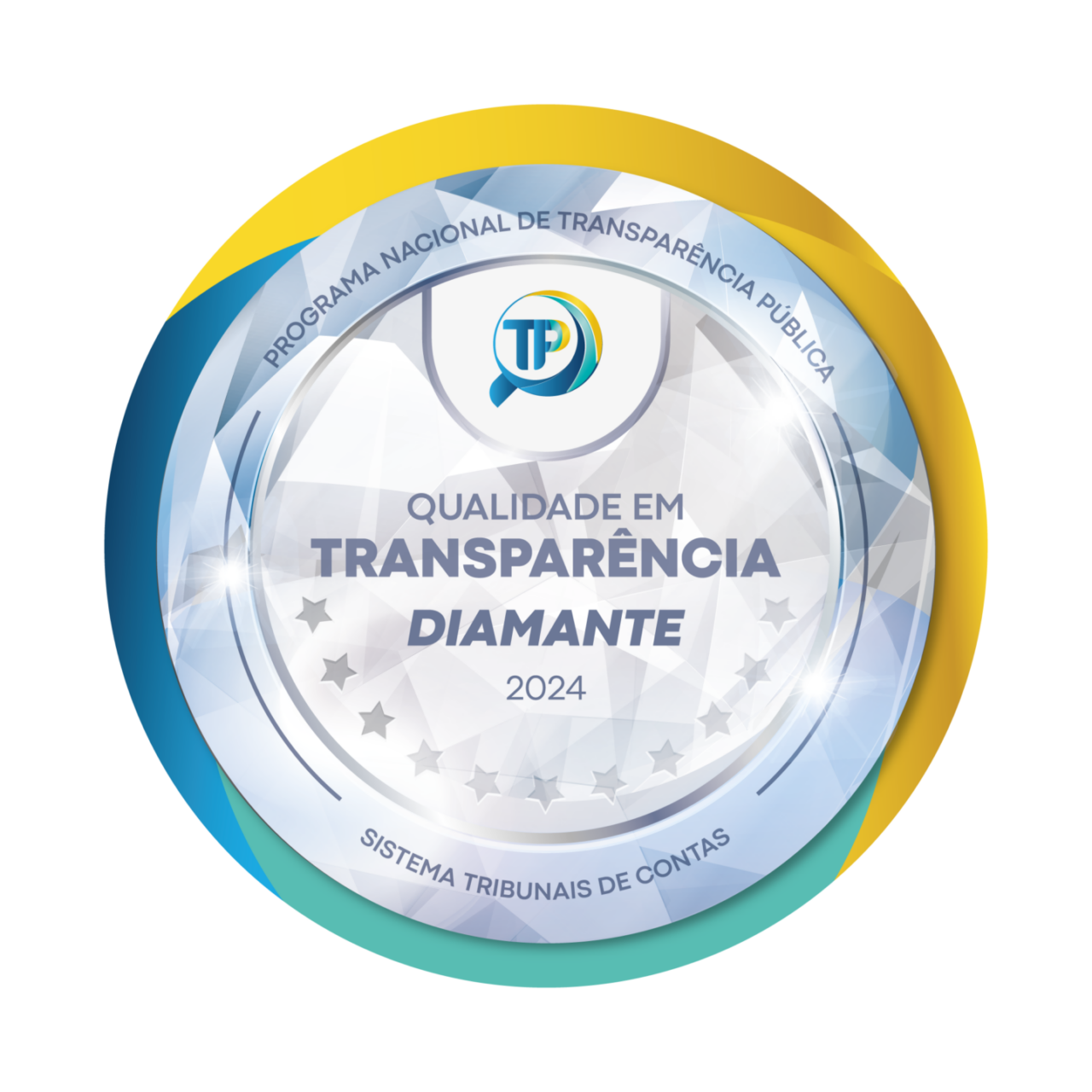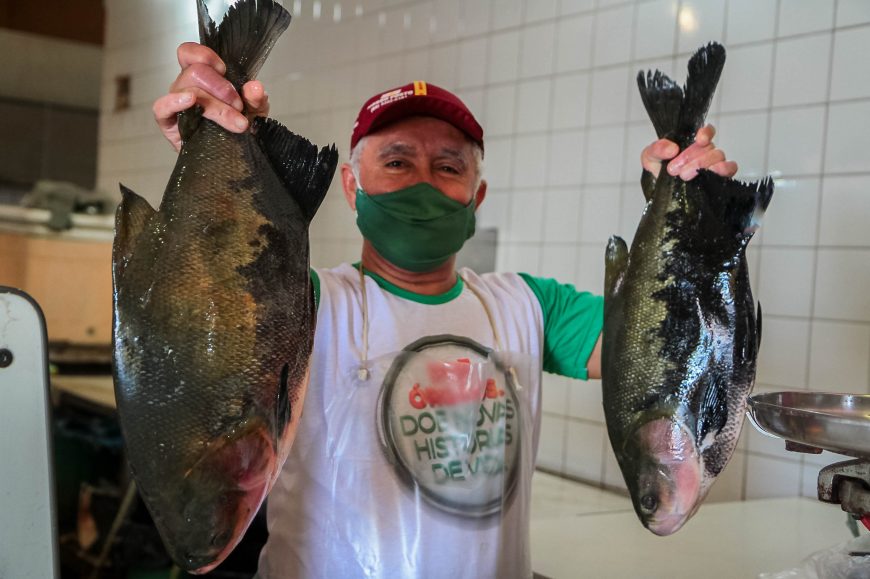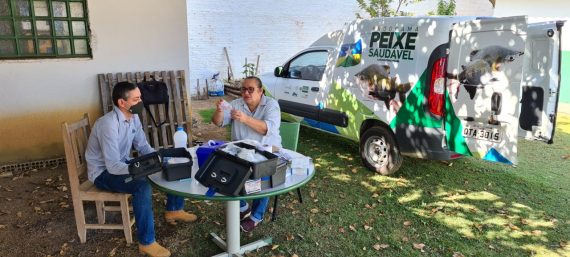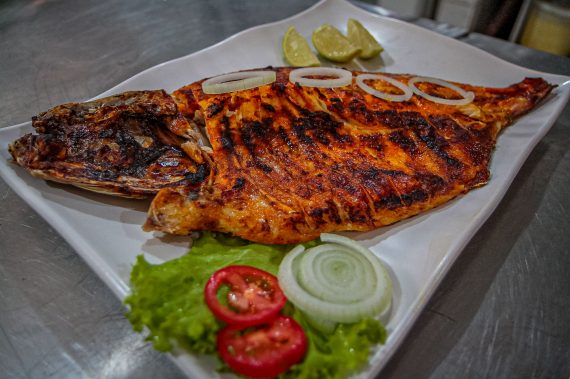
28/02/2026
- Portal
-
 Acesso à Informação
Acesso à Informação
-
Secretarias e Órgãos
-
AGERO
Agência de Regulação -
AGEVISA
Vigilância em Saúde -
CAERD
Água e Esgoto -
CASA CIVIL
Casa Civil -
CASA MILITAR
Segurança Institucional -
CBM
Bombeiros -
CGE
Controladoria Geral -
CMR
Mineração -
COETIC
Comitê de TI -
COGES
Contabilidade -
COP30
Sustentabilidade Rondônia -
COTES
Tesouro -
COVID-19
Coronavírus -
DER
Estradas, Transportes, Serviços Públicos -
DETRAN
Trânsito -
DIOF
Imprensa Oficial -
DRPC
Cerimonial -
EMATER
Assistência Técnica e Extensão Rural -
FAPERO
Ciência e Tecnologia -
FEASE
Atendimento Socioeducativo -
FHEMERON
Fhemeron -
FUNCER
Cultura -
IDARON
Defesa Sanitária -
IDEP
Educação Profissional -
IESPRO
Instituto de Educação em Saúde Pública -
IPEM
Pesos e Medidas -
IPERON
Previdência -
ITERON
Terras -
JUCER
Junta Comercial -
LGPD
Proteção de Dados Pessoais -
OUVIDORIA
Ouvidoria-Geral -
PC
Polícia Civil -
PGE
Procuradoria Geral -
PM
Polícia Militar -
POLITEC
Polícia Técnico-Científica -
PROCON
Defesa do Consumidor -
SEAGRI
Agricultura -
SEAS
Assistência Social -
SECOM
Comunicação -
SEDAM
Desenvolvimento Ambiental -
SEDEC
Desenvolvimento -
SEDUC
Educação -
SEFIN
Finanças -
SEGEP
Administração e Recursos Humanos -
SEJUCEL
Esporte, Cultura e Lazer -
SEJUS
Justiça -
SEOSP
Obras e Serviços Públicos -
SEPAT
Patrimônio -
SEPOG
Planejamento, Orçamento e Gestão -
SESAU
Saúde -
SESDEC
Segurança, Defesa e Cidadania -
SETIC
Tecnologia da Informação -
SETUR
Turismo -
SI
Indígena -
SIBRA
Integração -
SOPH
Portos e Hidrovias -
SUGESP
Gestão de Gastos Públicos Administrativos -
SUPEL
Licitações
-
AGERO
- Mapa do Site
- Sites

 Acesso à Informação
Acesso à Informação






